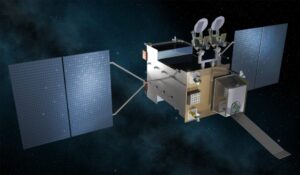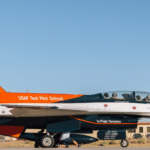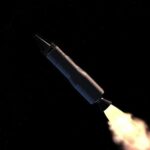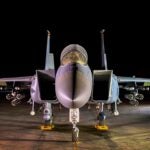
The U.S. Air Force on Jan. 4 awarded Lockheed Martin [LMT] a modification worth up to $4.9 billion on the company's existing contract for the Next-Generation Overhead Persistent Reconnaissance (Next-Gen OPIR) satellite system for work associated with the manufacturing, assembly, integration, test, and delivery of three Next-Gen OPIR satellites and delivery of ground mission unique software and ground sensor processing software. "Additionally, this modification includes engineering support for launch vehicle integration and launch and early on-orbit checkout for all three…













